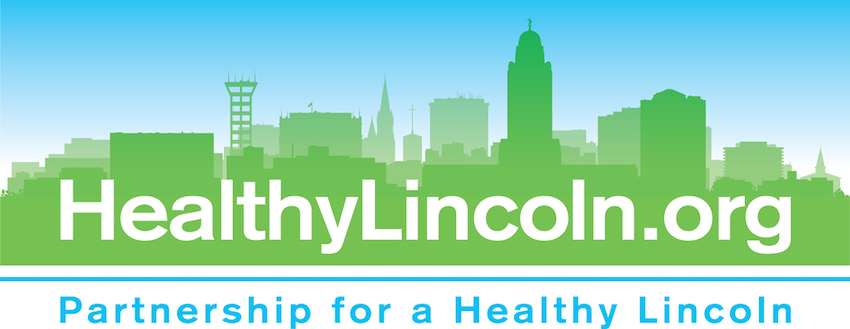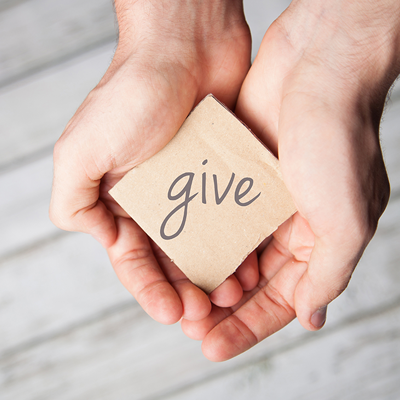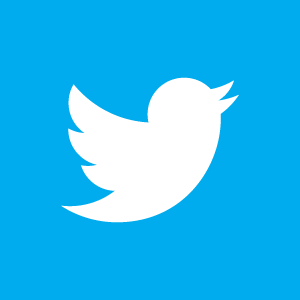ABOUT COVID 19
What is a coronavirus?
Coronaviruses are a large family of viruses which may cause illness in animals or humans. In humans, several coronaviruses are known to cause respiratory infections ranging from the common cold to more severe diseases such as Middle East Respiratory Syndrome (MERS) and Severe Acute Respiratory Syndrome (SARS). The most recently discovered coronavirus causes coronavirus disease COVID-19.
What is COVID 19?
COVID-19 is the infectious disease caused by the most recently discovered coronavirus. This new virus and disease were unknown before the outbreak began in Wuhan, China, in December 2019. COVID-19 has affected countries globally.
How does COVID-19 spread?
People can catch COVID-19 from others who have the virus. The disease spreads primarily from person to person through small droplets from the nose or mouth, which are expelled when a person with COVID-19 coughs, sneezes, or speaks. These droplets are relatively heavy, do not travel far and quickly sink to the ground. People can catch COVID-19 if they breathe in these droplets from a person infected with the virus. These droplets can land on objects and surfaces around the person such as tables, doorknobs and handrails. People can become infected by touching these objects or surfaces, then touching their eyes, nose or mouth. This is why it is important to wash your hands regularly with soap and water or clean with alcohol-based hand rub. Being vaccinated provides strong protection against severe illness, hospitalization, and death.
How long does the virus survive on surfaces?
It is possible for people to be infected through contact with contaminated surfaces or objects (fomites), but the risk is generally considered to be low. The most important thing to know about coronavirus on surfaces is that they can easily be cleaned with common household disinfectants that will kill the virus. Studies have shown that the COVID-19 virus can survive for up to 72 hours on plastic and stainless steel, less than 4 hours on copper and less than 24 hours on cardboard. As always, clean your hands with an alcohol-based hand rub or wash them with soap and water. Avoid touching your eyes, mouth, or nose.
How do I protect myself and others?
The best protection is to stay up to date on COVID vaccinations. To help reduce spread of any virus, wash your hands with soap and water frequently and thoroughly for at least 20 seconds, especially:
- After being in public places and touching door handles, shopping carts, elevator buttons, etc.
- After using the bathroom
- Before preparing food
- If soap and water are not available, use hand sanitizer with at least 60% alcohol.
- Avoid touching your eyes, nose or mouth, especially with unwashed hands.
- If you cough or sneeze, do so in the bend of your elbow. If you use a tissue, throw it away immediately.
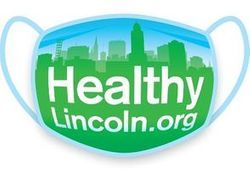
What about about masks and physical distancing?
There is a rapidly expanding body of evidence supporting the benefit of masks in preventing the spread of all viruses. Masks reduce the amount of virus we breathe in and breathe out. Combined with being vaccinated and staying up to date with your vaccination, masks provide a one-two punch that reduces the risk of spread. Masks also provide protection for the wearer, even those who are fully vaccinated. While being vaccinated gives you a high degree of immunity against COVID 19, as with all vaccines, there are still break through infections, although they will likely be mild. Everyone should mask indoors in public when COVID levels are high, around people who are ill or unvaccinated, and when community hospitalization rates are high. People who are immunocompromised or at high risk for severe illness are encouraged to mask indoors when COVID levels are medium. When community levels are low, individuals can decide whether to mask indoors based on their individual risks.
Masking on public transit.
Whether or not a carrier is requiring mask wearing, individual passengers may choose to continue to wear a mask. Older adults and anyone with an underlying health condition that would make COVID-19 infection more serious, (i.e., diabetes, obesity, heart disease, cancer) or anyone who has older family members or family members with those health issues, should continue to wear a mask as a precaution against becoming infected and spreading the virus.
Type of mask. Coronavirus spreads when someone breathes in virus that an infected person emits through coughs or sneezes, or when they talk or breath, or when a person touches a contaminated surface and then touches their eyes, nose, or mouth. Physical distancing of at least 6 feet and wearing a high-quality, well-fitting mask provides good protection even if people around you are unmasked. High quality KN95, KF94, and N95 masks have the tightest fit and the best filtration. Make sure your mask completely covers your nose and mouth, and fits snugly against the sides of your face without leaving any gaps. Continue to wash your hands frequently as well.
In an early study, researchers at Columbia University affirmed the importance of these health-promoting behaviors. They reported that 36,000 fewer people would have died in the coronavirus outbreak if physical distancing measures had started one week earlier; if physical distancing had begun two weeks earlier, 54,000 fewer people may have died. More recent studies have reported that early interventions would have saved 100,000 lives.
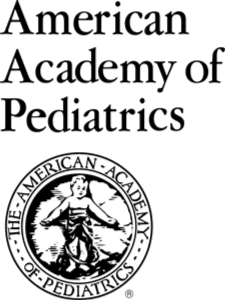
American Academy of Pediatrics (AAP)
Pediatricians strongly recommend every eligible child receive the vaccine. Research shows these new vaccines are remarkably effective and safe. The American Academy of Pediatrics (AAP) urges children and adults to get the COVID-19 vaccine as soon as they are eligible. Staying up to date on vaccinations is especially important since the virus mutates. More contagious strains can spread quickly and infect more children. Being up to date on vaccinations helps protect kids from serious disease and hospitalization from COVID.
Masks - For some children with special health care needs—masking will still be an important layer of protection. The American Academy of Pediatrics (AAP) offers these suggestions for families deciding who should wear a mask. To protect children who are too young to wear a mask (under age 2), the rest of your household may consider wearing masks when in public settings. Masks also are encouraged to be worn if:
- your child or teen is immunocompromised and may not have a protective immune response to the COVID-19 vaccine, or is at high risk for severe COVID-19 illness
- your child or teen is not yet immunized
- other members of the family are at higher risk of severe disease or are not immunized or
- the community has "high" COVID-19 transmission
